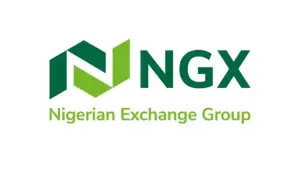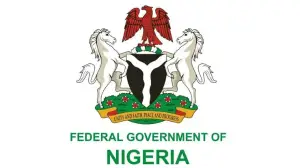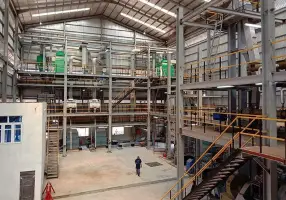The Nigerian government, through the Presidential Compressed Natural Gas Initiative (PCNGI), has announced that the country now has 65 Compressed Natural Gas (CNG) stations nationwide, marking significant progress in the nation's alternative fuel infrastructure development.
This announcement came during the launch of a concessionary gas pricing framework programme designed to make CNG more accessible and affordable for Nigerians, addressing the ongoing challenges of fuel costs in the country.
Expanding CNG Infrastructure
Michael Oluwagbemi, Chief Executive of PCNGI, made this disclosure at the Mobility CNG Supply Framework Kick-off Event held in Abuja. He described the event as marking the beginning of a "special" pricing regime for gas-to-power initiatives.
"What we are doing here today is to flag off the implementation of that concessionary pricing framework," Oluwagbemi stated. "We needed to do it in an organised fashion, create the proper market for autogas CNG, and also develop the marketplace where people can actually make demand and pay for it."
According to Oluwagbemi, the CNG market has experienced remarkable growth over the past year. "We went from just 20 daughter stations in the country to well over 65 as of this morning. We opened two new ones yesterday in Ibadan with Bovas. And we have, easily, 27 or 28 new ones coming up in the next four to five weeks. So there is a growing market," he explained.
Strategic Importance of CNG Expansion
The rapid expansion of CNG infrastructure represents a critical component of Nigeria's strategy to diversify its energy mix and reduce dependence on traditional petroleum products. CNG offers a cleaner and potentially more economical alternative to petrol and diesel, particularly important as the country navigates fuel subsidy reforms.
The concessionary pricing framework is expected to make CNG more competitive, encouraging more Nigerians to convert their vehicles to run on this alternative fuel source. This initiative aligns with broader government efforts to promote sustainable energy solutions while addressing economic challenges faced by citizens due to rising fuel costs.
Industry analysts suggest that the growing CNG network could significantly impact transportation costs across Nigeria if adoption rates continue to increase, potentially offering relief to commercial transporters and private vehicle owners alike.
Stay updated on this developing story and more by following BenriNews on our social media platforms:













